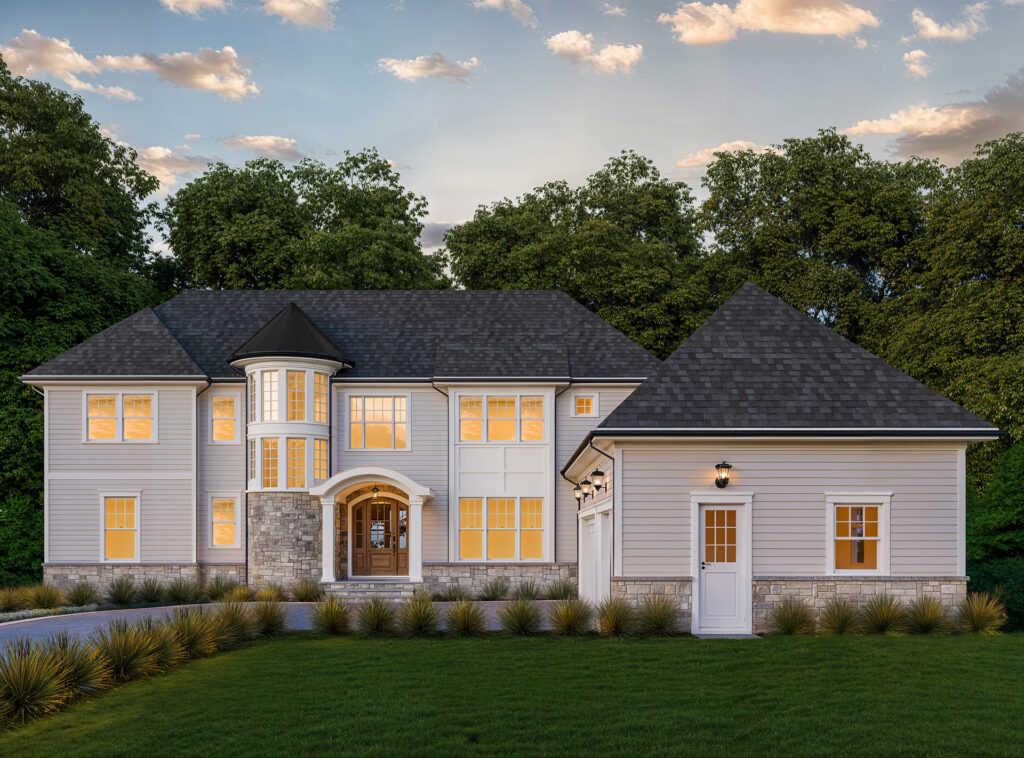Embrace the Warmth: A Homeowner’s Guide to Radiant Heat
As winter approaches, homeowners seek the perfect solution to keep their living spaces cozy and comfortable. Radiant heat is gaining popularity as an efficient and luxurious heating option. This innovative technology warms your home from the ground up, offering numerous benefits over traditional heating systems. In this blog post, we will delve into the world of radiant heat, exploring its functionality, advantages, and considerations for homeowners looking to upgrade their heating systems.
1. How Does Radiant Heat Work?
Radiant heat is a method of heating that involves warming surfaces in a space, such as floors, walls, or ceilings, rather than relying on forced air or radiators. The two primary types of radiant heating systems are hydronic and electric.
- Hydronic Radiant Heat: This system circulates hot water through a network of pipes installed beneath the floor or within the walls. The heated water transfers warmth to the surrounding surfaces, which radiate heat evenly throughout the room.
- Electric Radiant Heat: This system employs heating elements, such as electric cables or mats, installed beneath the flooring. When electricity flows through these elements, they generate heat, which is then transferred directly to the floor.
2. Benefits of Radiant Heat:
- Enhanced Comfort: Radiant heat ensures consistent warmth throughout a room, eliminating cold spots and drafts. It provides a pleasant, cozy environment for homeowners and their families.
- Energy Efficiency: Radiant heat is more energy-efficient than traditional heating systems since it doesn’t rely on forced air circulation. It minimizes heat loss by warming surfaces directly, resulting in lower energy consumption and reduced utility bills.
- Improved Indoor Air Quality: Unlike forced air systems, radiant heat doesn’t distribute allergens, dust, or airborne particles. This makes it an excellent option for individuals with allergies or respiratory sensitivities.
- Noise-Free Operation: Radiant heating systems work silently, eliminating the annoying sounds associated with forced air systems or radiators. Say goodbye to clanking radiators or the whoosh of air ducts!
- Design Freedom: Radiant heat eliminates the need for unsightly radiators or vents, providing homeowners with more freedom to design their living spaces. It allows for unobstructed walls, furniture placement, and creative d cor options.
3. Installation Considerations:
- Flooring Compatibility: While radiant heat is compatible with most flooring materials, some are better conductors of heat than others. Tile, stone, and concrete are ideal choices, as they conduct and retain heat effectively. Wood and carpet can also be used but may require additional insulation to optimize heat transfer.
- System Design: Proper system design is crucial to ensure optimal functionality. Working with experienced professionals will help determine the right layout, calculate heat load requirements, and choose the appropriate system type for your home
- Long-Term Maintenance: Radiant heating systems typically require minimal maintenance. However, it’s essential to schedule regular inspections to ensure proper functioning, identify any issues, and extend the lifespan of the system.
4. Cost Considerations:
The cost of installing radiant heat varies depending on factors such as the size of the area, the chosen system type, and the complexity of the installation. While the initial investment may be higher than traditional heating systems, the long-term energy savings, increased home value, and improved comfort make it a worthwhile investment.
Radiant heat offers homeowners a modern and efficient heating solution that maximizes comfort and energy efficiency. By embracing this innovative technology, you can transform your living spaces into warm and inviting retreats while enjoying lower energy bills and improved indoor air quality. When considering radiant heat, ensure proper planning, professional installation, and regular maintenance to make the most of this heating revolution. Embrace the warmth, and revel in the luxurious comfort of radiant heat!
CHOOSE THE LEADING BUILDER OF CUSTOM HOMES IN NEW JERSEY
Building the perfect custom home can be a daunting process, but if it s a good fit for you, then your builder should guide you through each step and help you understand what to expect from start to finish.
Considering building your New Jersey dream home in Warren, Watchung, Basking Ridge, Madison or Chatham? Distinctive Domain would be honored to help you navigate the process and make your dream a reality. Contact us to get started and move one step closer to move-in day.
New Jersey Luxury Home Living
Discover Luxury Home Living from to and the surrounding area. This magazine helps you to understand the process and benefits of building a custom home or remodeling a luxury home with Distinctive Domain. Design ideas, striking interiors, and more.













